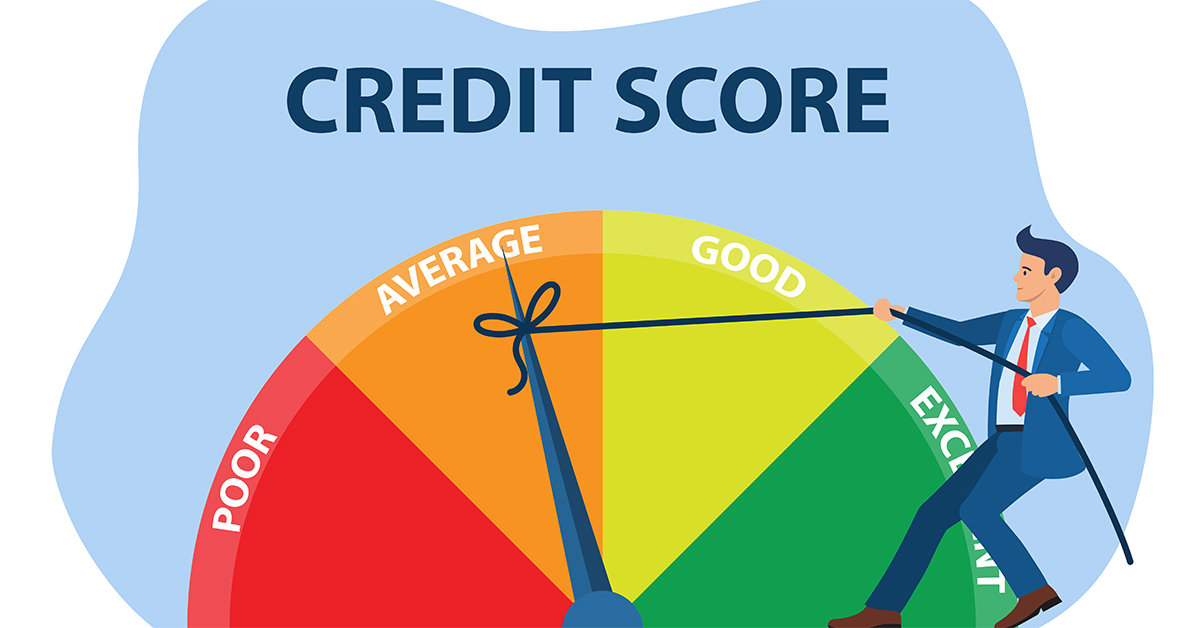Top Credit Score Myths You Should Stop Believing
Financial
August 15, 2025

Your credit score is a key part of your financial life. It can affect your ability to get a loan, rent an apartment, or even land a job. But there are many myths out there that confuse people about how credit scores really work. Believing these myths can hurt your financial progress. Let’s break down some of the most common credit score myths and share the truth behind them.
Myth 1: Checking your credit score lowers it
This is one of the most common credit score myths. Checking your own credit is a soft inquiry, which does not affect your score. You can check your credit as often as you like without any damage. Only hard inquiries—such as when you apply for a loan or credit card—can slightly lower your score.
Myth 2: You need to carry a balance to build credit
You do not need to carry a balance on your credit card to improve your score. In fact, carrying a balance and paying interest can cost you money. The best way to build credit is to make small purchases and pay them off in full and on time every month.
Myth 3: Closing a credit card helps your score
Closing a credit card can actually lower your score. When you close a card, you reduce your total available credit, which can increase your credit utilization ratio. It may also shorten your credit history. If the card has no annual fee and you manage it well, it is usually better to keep it open.
Myth 4: Paying off a debt removes it from your credit report
Paying off a loan or collection account does not remove it from your credit report right away. Positive accounts stay on your report for up to 10 years and help your score. Paid collection accounts may still appear for up to seven years but have less impact over time.
Myth 5: All debt is bad for your credit
Debt that is managed well can actually help your score. A healthy mix of credit types, such as credit cards, auto loans, and mortgages, can show that you are a responsible borrower. The key is to make payments on time and keep balances low.
Myth 6: You have only one credit score
You have multiple credit scores, not just one. Different credit bureaus and lenders use different scoring models, such as FICO and VantageScore. Your score can vary depending on which model is used and which bureau’s data is being reported.
Understanding credit helps you make better decisions
Now that you know the truth behind these credit score myths, you can take steps to improve your financial health. Pay your bills on time, keep your balances low, and check your credit regularly. Smart credit habits will help you build a strong score and reach your financial goals.



